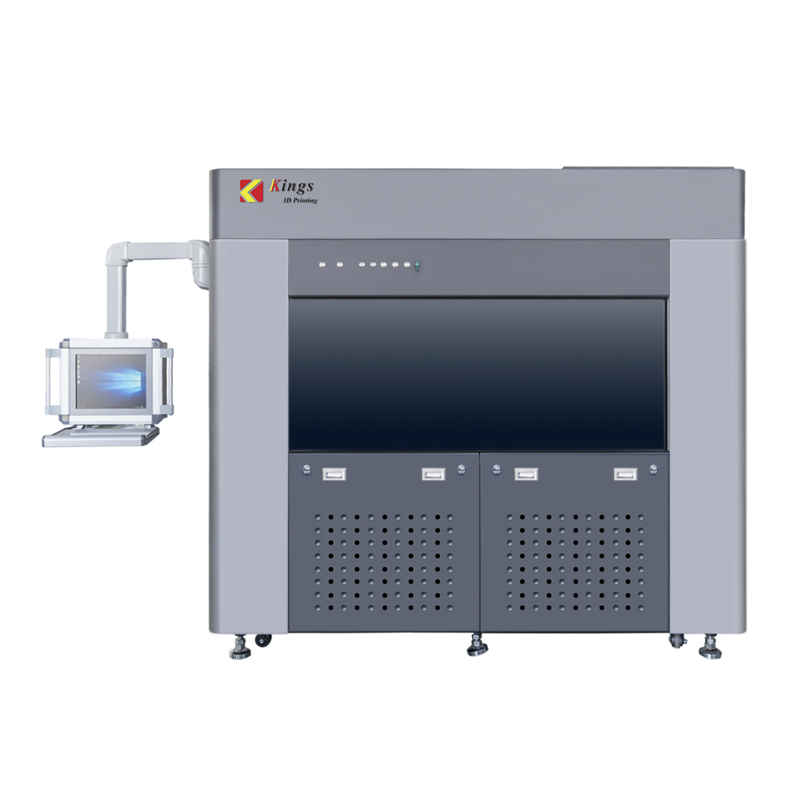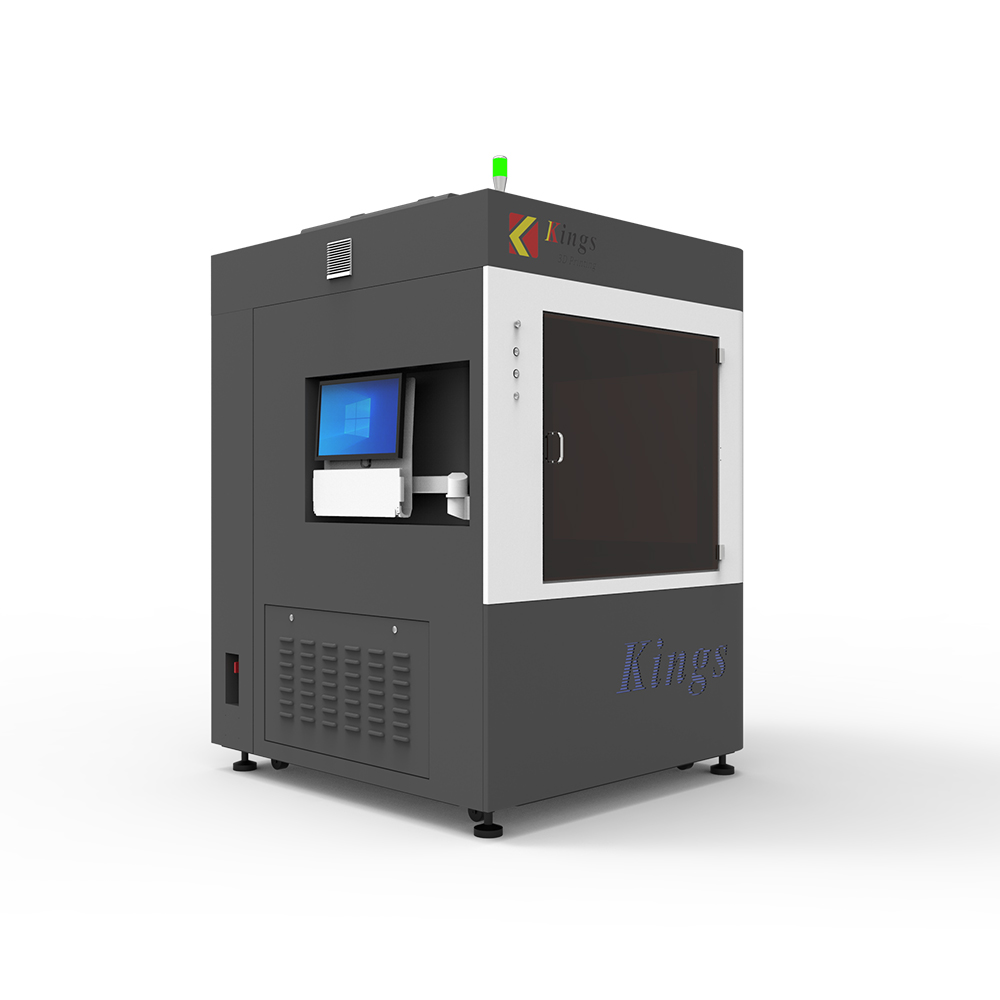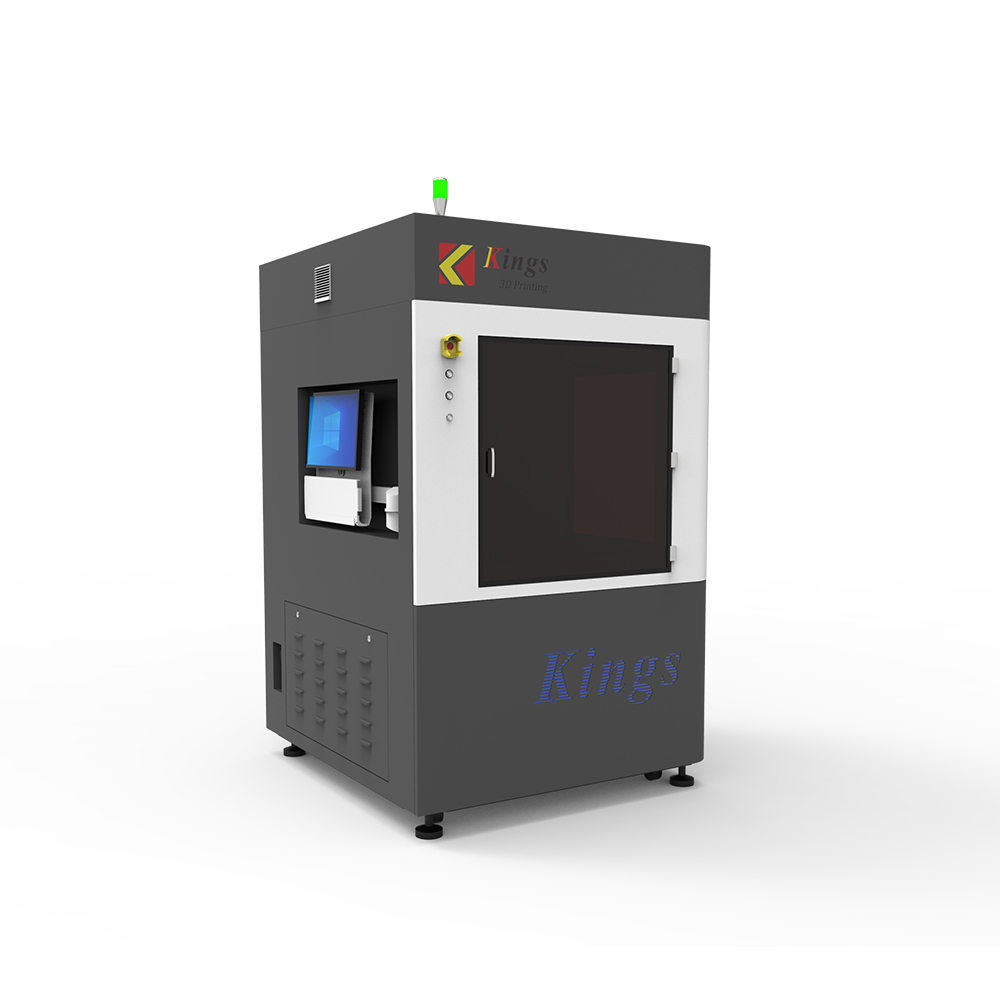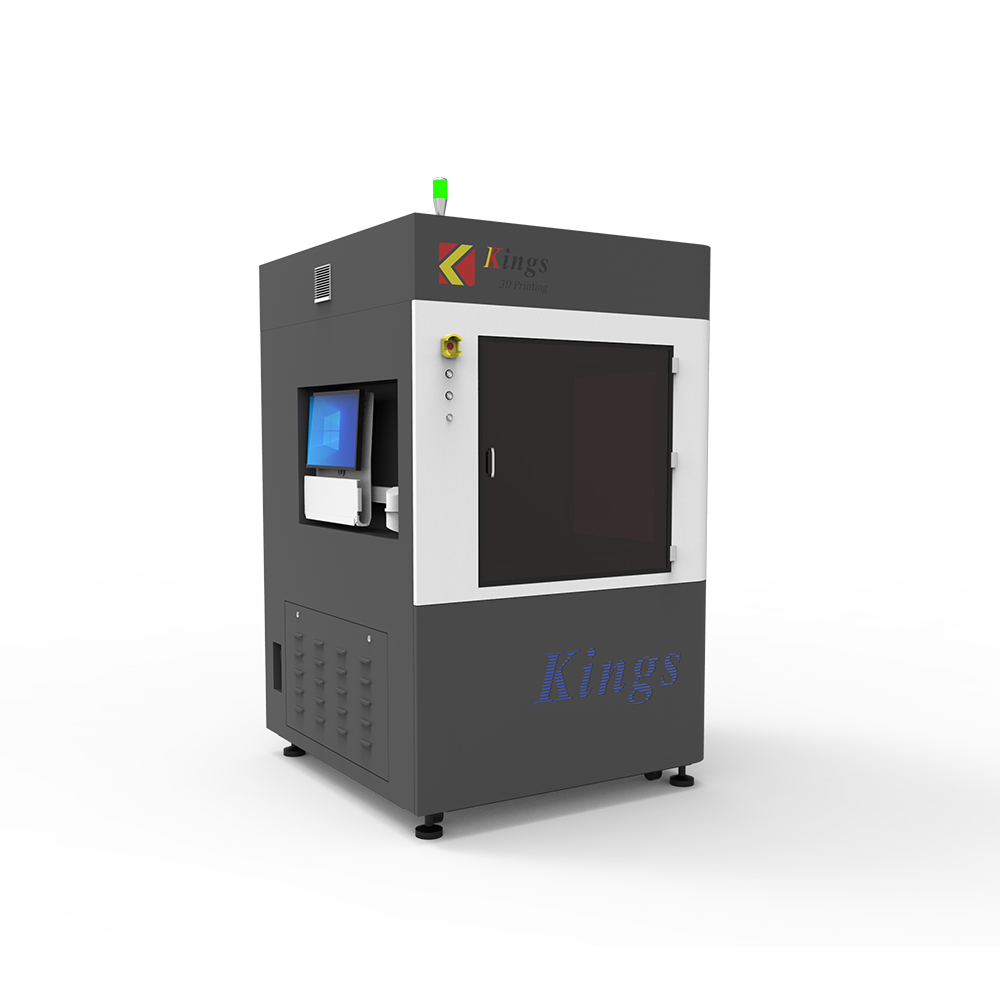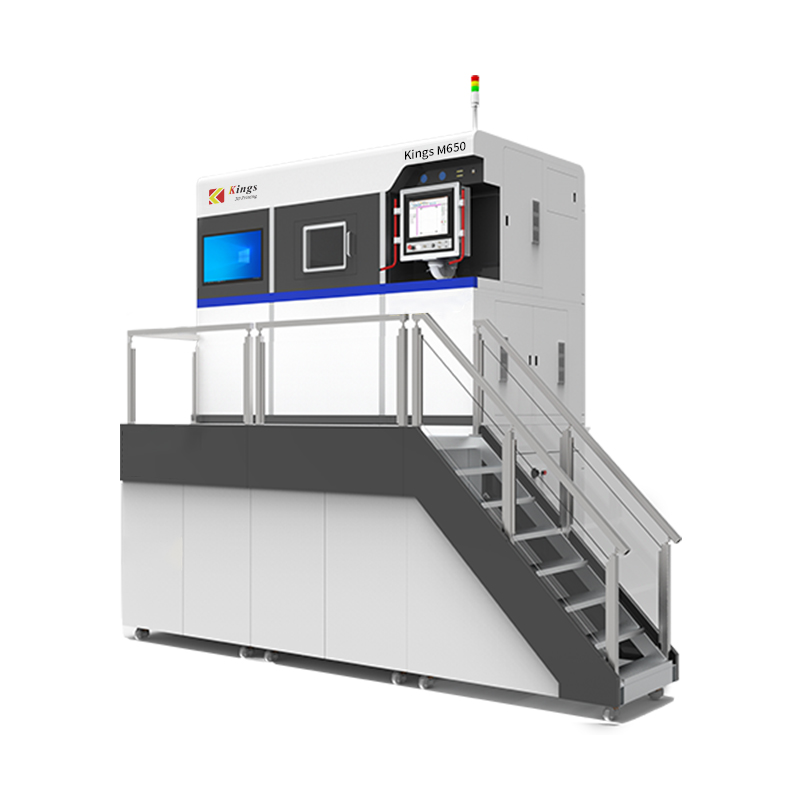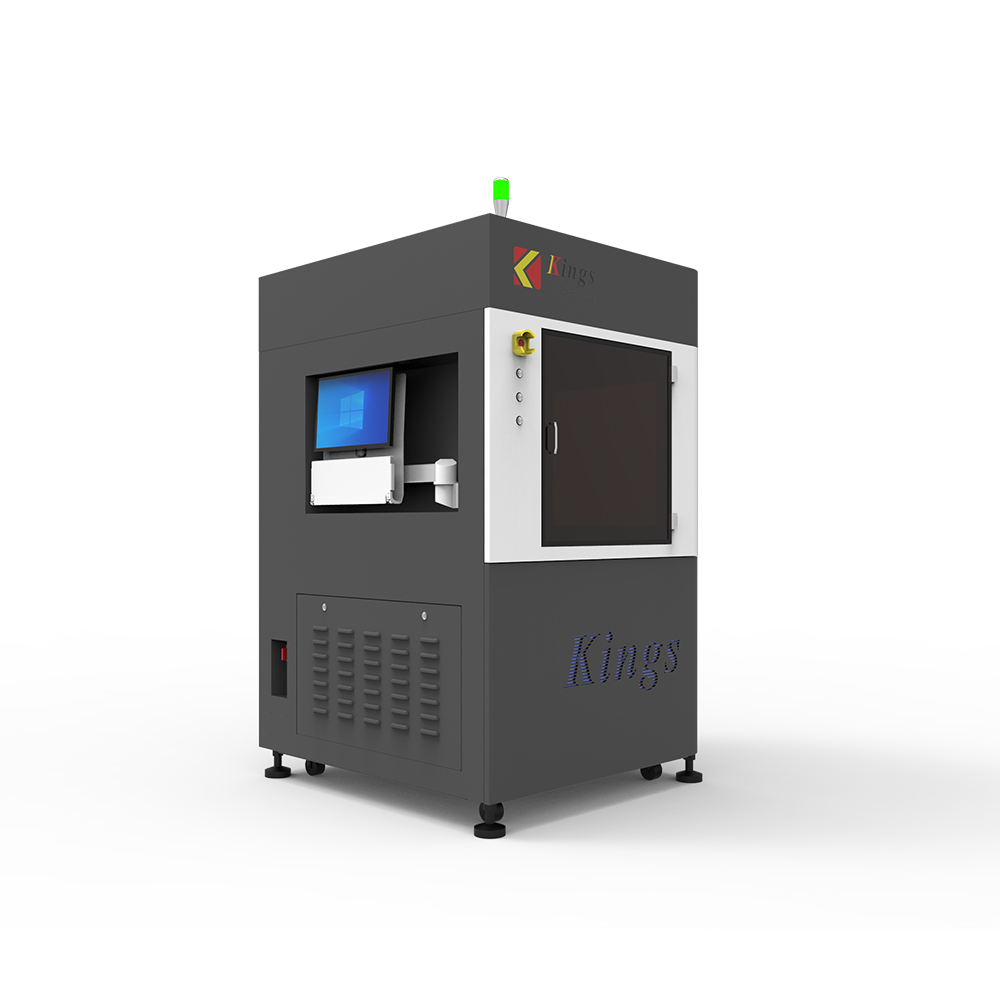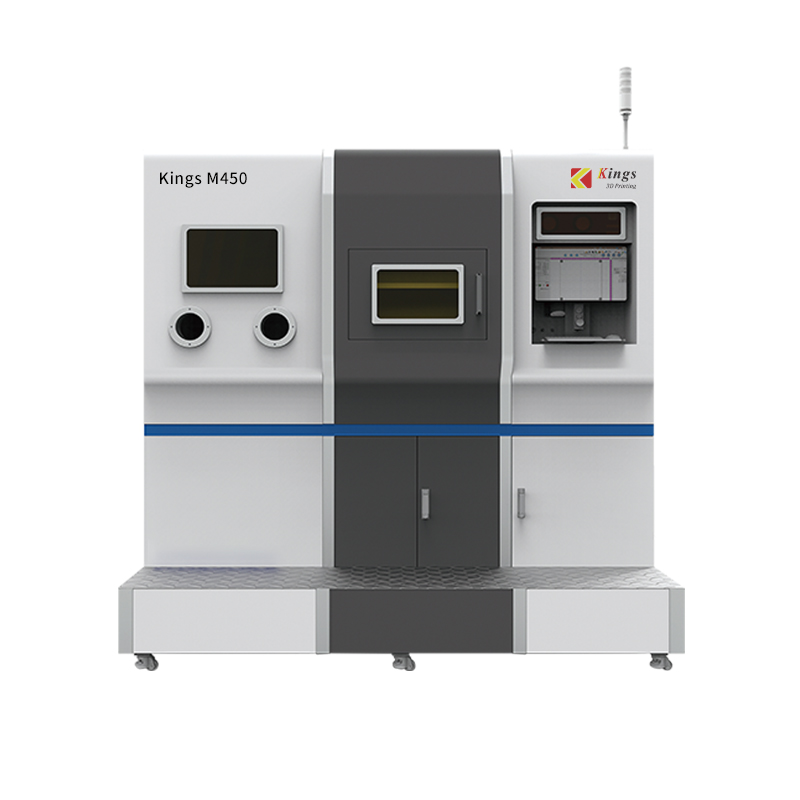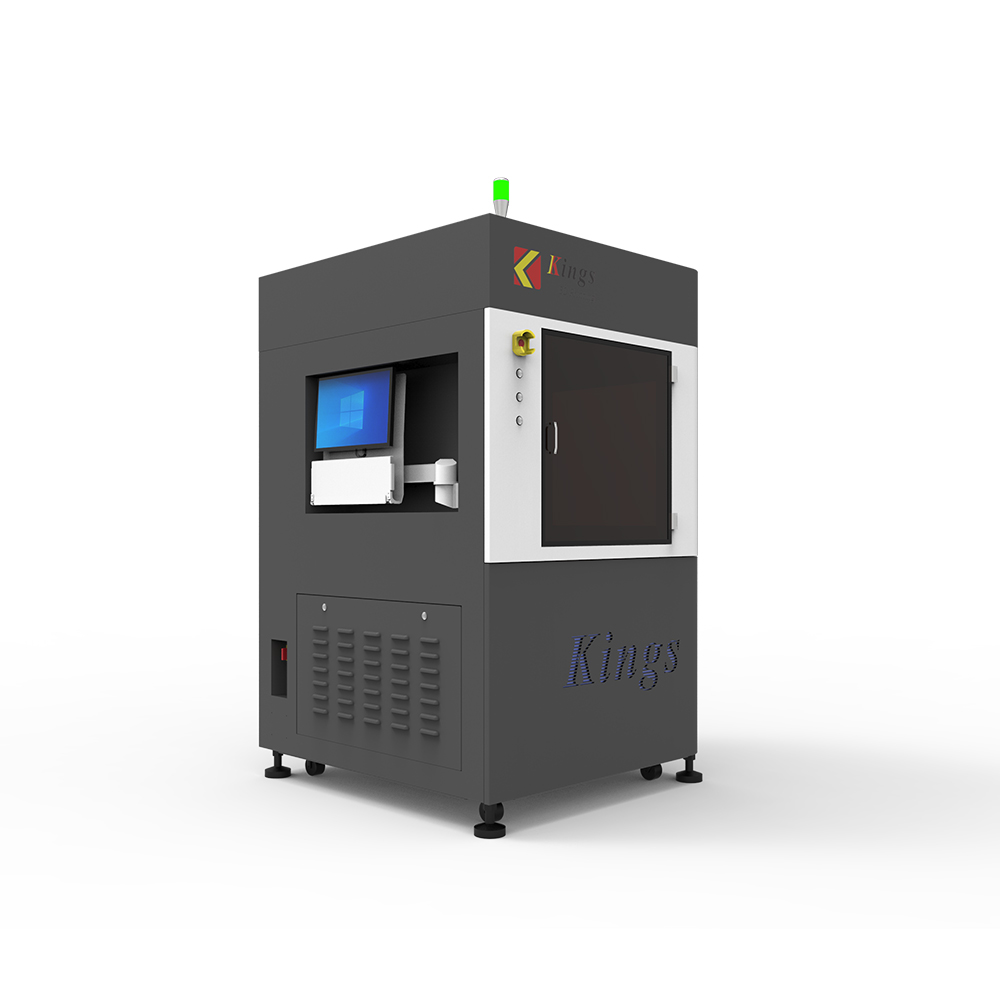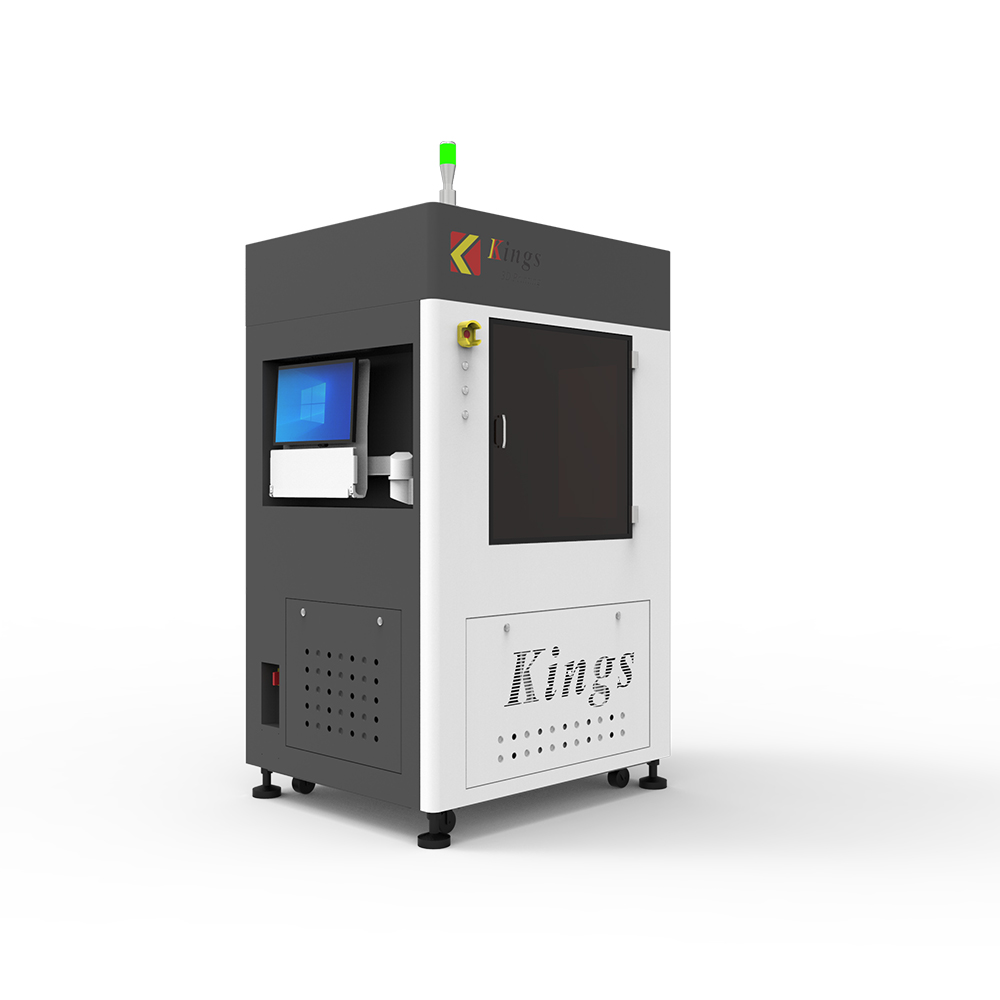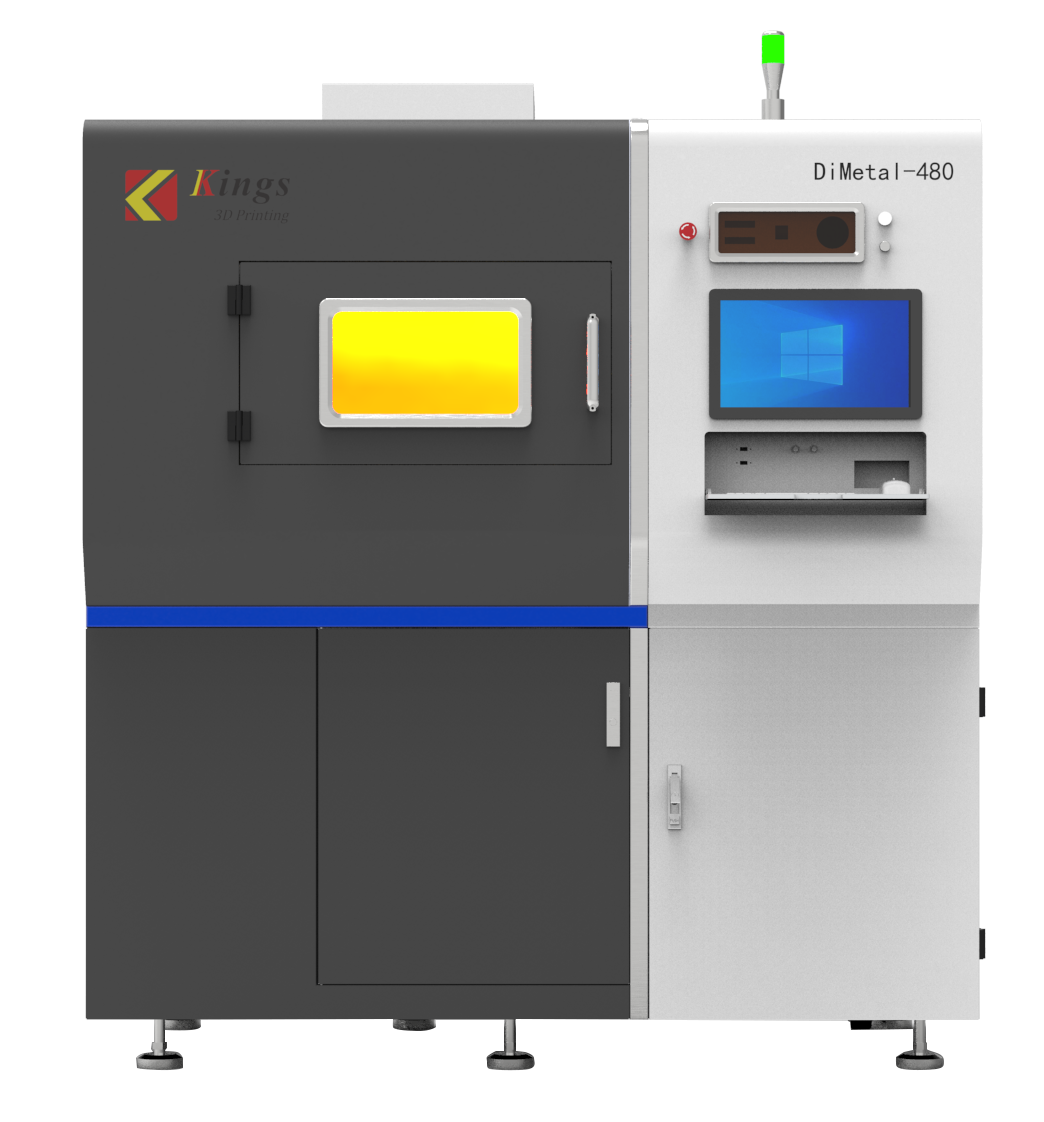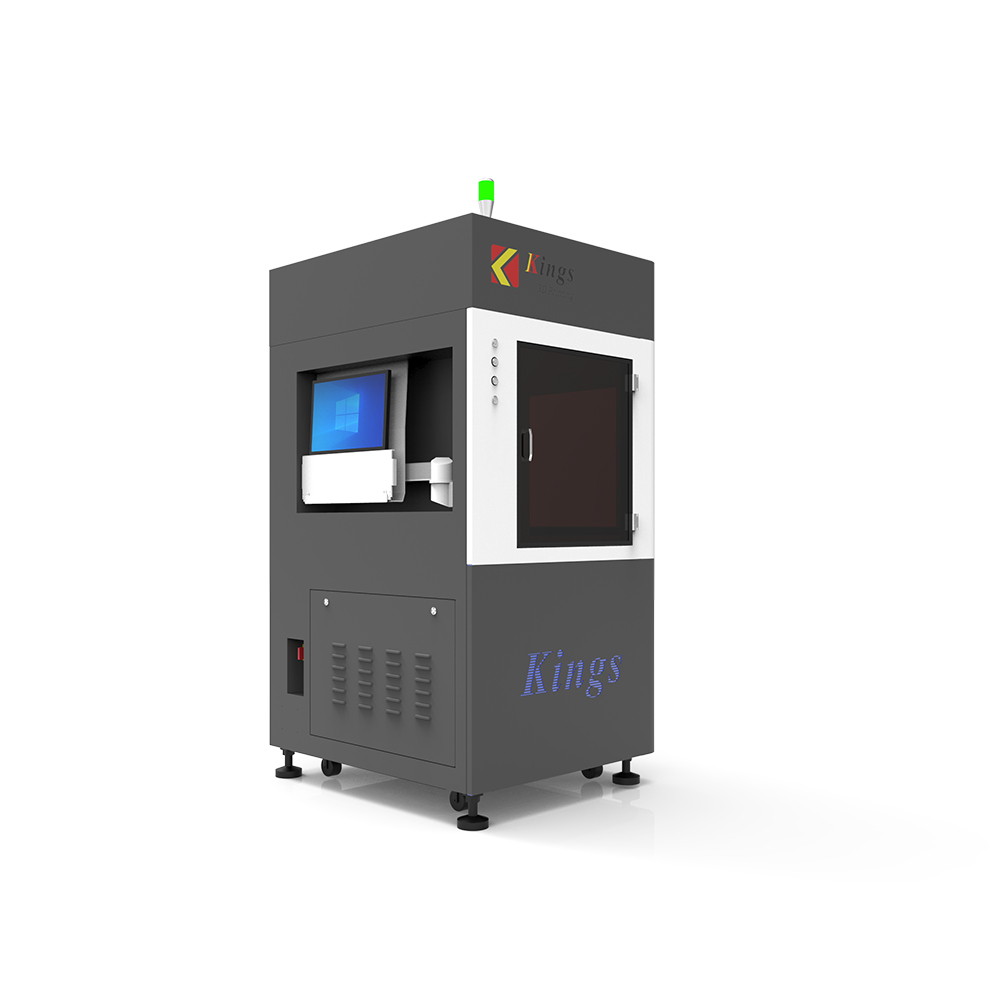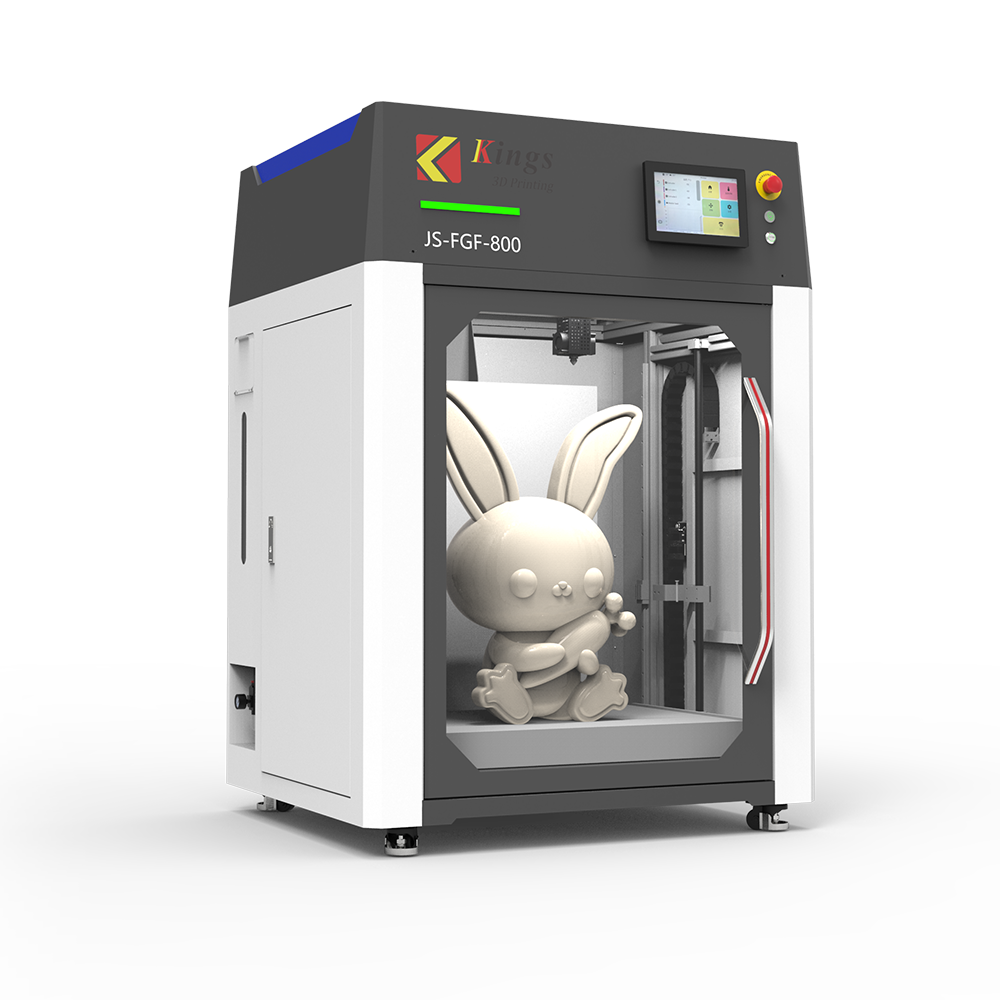At its core, 3D Printing is about printing a three-dimensional solid object in a continuous thin layer of material, as instructed by the digital file you created. Initially, the technology most benefited creators of engineering prototypes, but recent advances have extended 3D printing to different industries and even increased the use of 3D printers in the home.
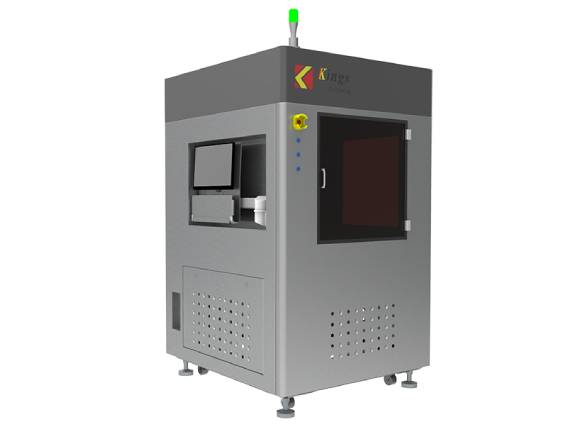
3D Printers
How does a 3D printer work
3D-printed objects start with digital blueprints created using computer-aided design software. From then on, the only limitations of the creators were access to the raw materials of the printing process and their own imagination.
Once the blueprint is ready, the 3D printer creator simply needs to.
Collect raw materials
To fill a printer with material
Get your 3D build platform ready
Let the 3D printer work its magic
The physical object is printed layer by layer in accordance with the blueprint of the computer-aided design software until it is finished. 3D Printers may use different technologies or methods, but here are four of the most common 3D printing processes.
Poly spray
Stereo lithography
Digital laser projection
Filament deposition modeling, also known as fuse manufacturing.
Each particular 3D printing technology has its own disadvantages and advantages, including cost, functionality, and the type of materials available. Extensive research and a thorough understanding of your intentions are key to choosing the best solution for your home, business or organization.
What printing materials do 3D printers use?
While 3D-printed materials are usually metals and plastics, recent innovations have expanded the types of materials available. This makes it possible to answer the question "What is 3D printing made of?" The problem becomes difficult because it could be almost any imaginable material.
In addition to the materials that 3D printers can use, it is vital that these printers use them efficiently, while extracting and recycling any unused materials.
As a result, 3D printing has begun to modernize a variety of industries both inside and outside the traditional manufacturing sector.
How to use a 3D printer at home?
While these printers may not be in every home yet, they do offer the opportunity to print a large number of common items that you might normally buy or assemble yourself. While you can customize your blueprint design and print these items at home, SLA 3D Printers offer several benefits.
Bringing art projects to life
Create unique gifts for family and friends
Reduce household expenses on everyday items
Print spare parts to repair furniture and appliances
Prototype products for your business or hobby.
The profile
3D printing requires an up-front investment in printers and raw materials, which can leave many novice makers in the dust. But through strategic planning and implementation, 3D printing can open up countless new creative and practical opportunities for your home and business.


